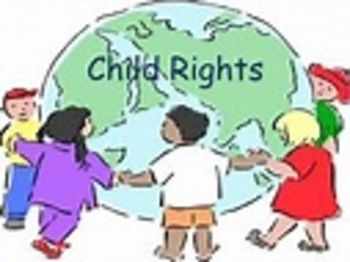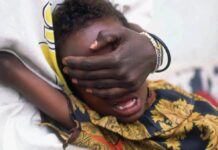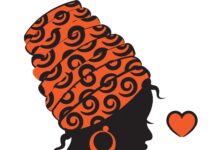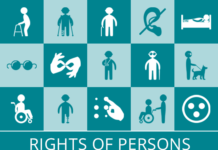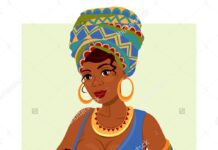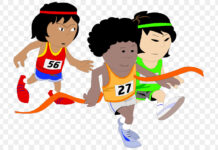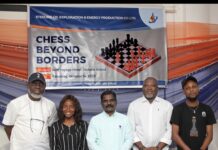The Lagos State Government said, Monday, that there are plans to review the state’s 2015 Child Rights Law.
The Director, Directorate for Citizens Rights, Oluwatoyin Odusanya, said this at an essay and debate competition, organised for the pupils of the state to celebrate the Human Rights Day 2020, themed: ‘Recover Better, Stand Up for Human Rights’.
READ MORE: Jemimah Marcus wins Lagos one day governor
While speaking during the programme, Odusanya said the review was necessary to fill the gaps in the law to ensure that the rights of children in the state are protected.
She said: “It is important to catch the children young and let them know what human rights is all about so that, as they grow up, they won’t infringe on other people’s rights and ensure that their rights are protected.
“This year’s theme was derived from the pandemic; it is to encourage people to recover better, emotionally and psychologically from this pandemic and the human rights abuse pandemic, and also to ensure they’re healed through the process of knowing their right, and places available to them for assistance in enforcing their rights.
“We’re sensitising children and their parents on child abuse and early marriage, and the state government is also in the process of reviewing the Child Rights Law to ensure that the gaps within the law can be filled and the rights of the children can also be protected.”
The guest of honour, Chief Magistrate Kikelomo Ayeye, in her keynote address, said that the judiciary had the duty of protecting the rights of the children due to their vulnerability.
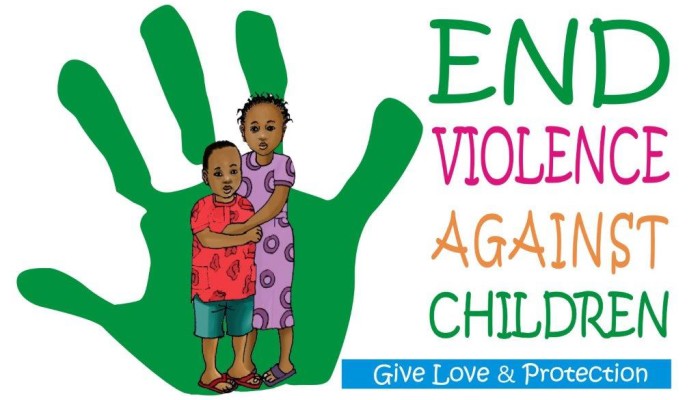
While urging the state government to increase the budget allocated to the ministry and agencies working for children, Ayeye noted that the failure to attend to the needs of the children would be disastrous for the nation.
Child’s Rights Law (CRL) was introduced in Lagos State in 2007. Thirteen years after its domestication, it became imperative to assess the challenges in the application of the justice provisions by different child justice administrators such as social welfare officers, the police, non-governmental organization (NGO) workers, Nigerian Bar Association (NBA) lawyers, International Federation of Women Lawyers (FIDA), family court judges and magistrates.

